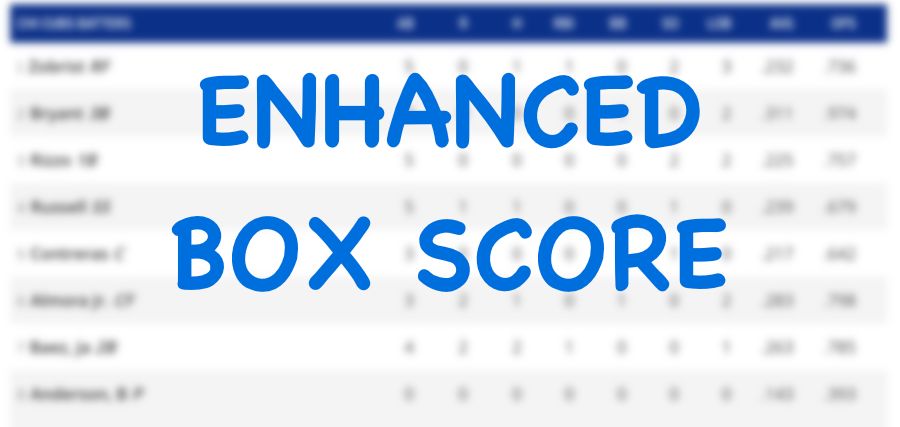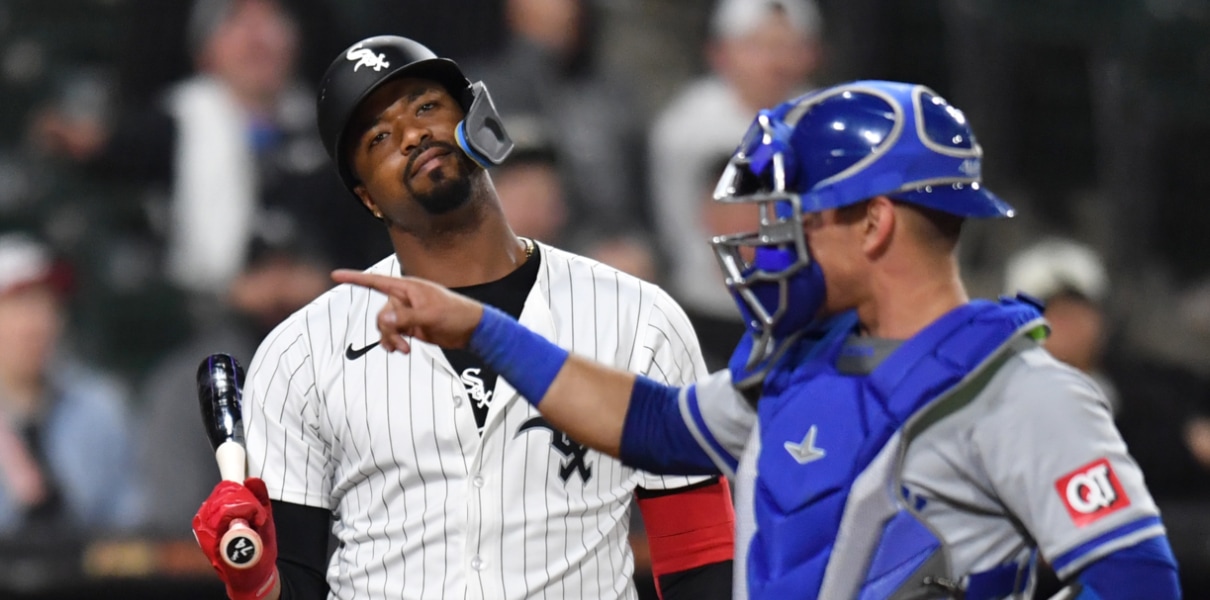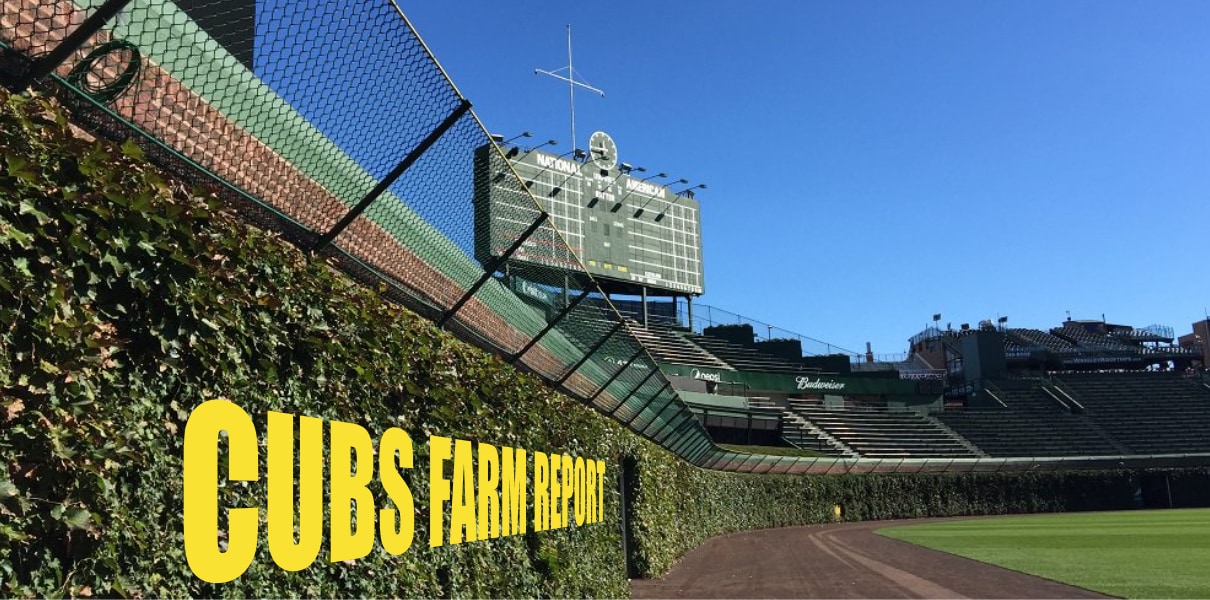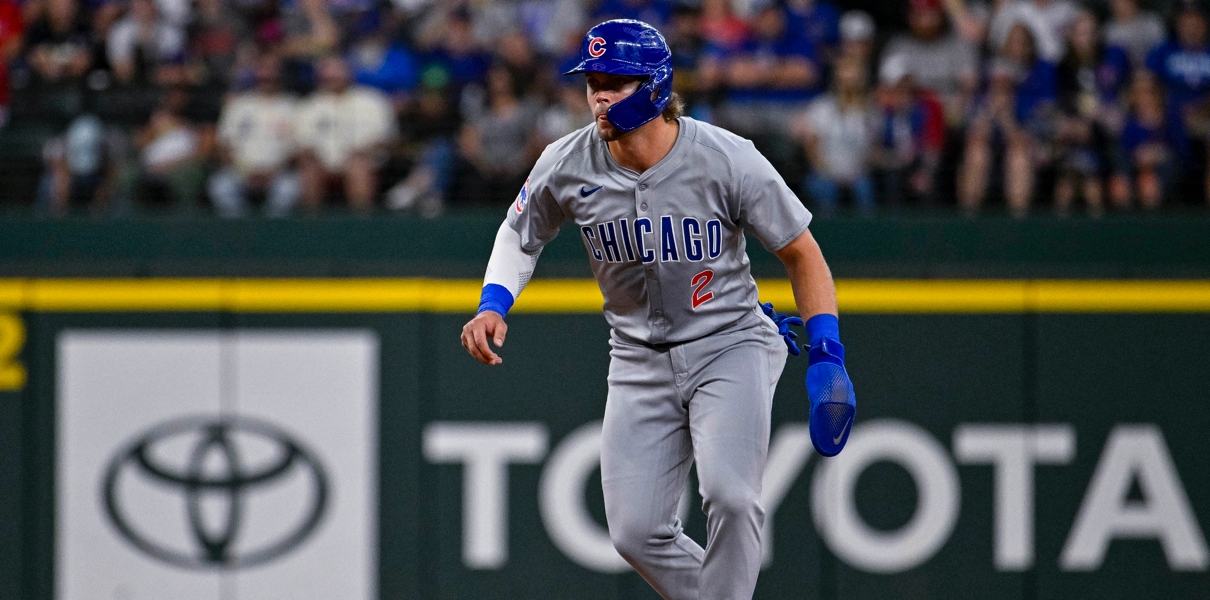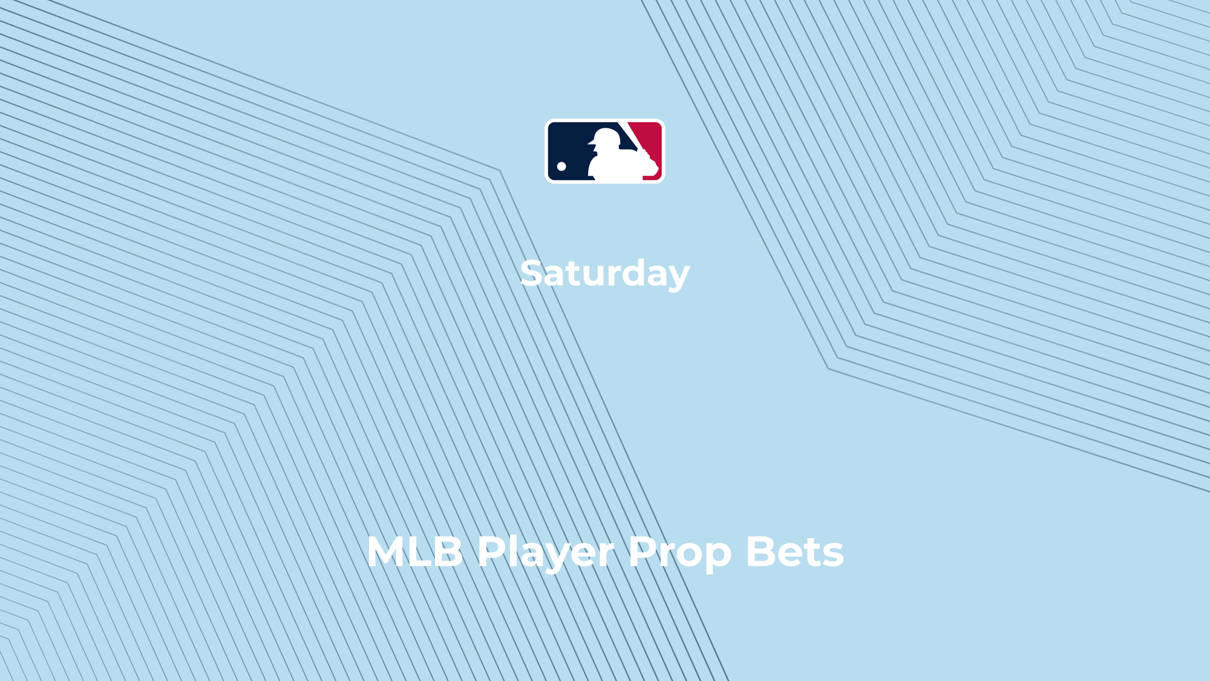This week, Chicago Cubs President of Business Operations Crane Kenney joined Spiegel and Parkins on 670 The Score to discuss a range of issues facing the Cubs (primarily) from a non-baseball perspective (well, there’s actually some baseball-impact, too, but we’ll get to that eventually).
You can listen to the full interview right here and check out some of the highlights with commentary from Fran Spielman at The Chicago Sun Times. I’ll hit on the the main bits below, with some of my own thoughts mixed in.
Enjoy:
With the White Sox series underway, Kenney gets asked why the Cubs’ half of the four-game series was scheduled during the day. His response: we don’t have enough night games. Kenney expanded by explaining that the City allows the Cubs to schedule only 35 night games at Wrigley Field (plus another eight that come from National broadcast contracts – like Sunday night’s ESPN game against the Cardinals, for example), and that really limits the Cubs scheduling flexibility. Those 43 potential night games, for what it’s worth, are 11 fewer than the MLB average of 54.
And this issue is precisely what I was referencing at the introduction to this post. Although the number of night games certainly affects the business-side of the Cubs, the impact does not end there. Kenney suggests that scheduling the night games is like assembling a jigsaw puzzle. The team needs to save most of them for the day after the team returns from road trips, particularly on the West Coast – lest they play on almost no rest whatsoever.
On the other/financial hand, they’d rather use more night games at the beginning of the year and save the day games for the summer, when the stadium is a bit easier to fill. There are also the matters of constant body clock readjusting for Cubs players, the value of broadcast rights for night games versus days games, etc. These are issues we’ve talked about here at Bleacher Nation for years, but the City of Chicago does not seem to care about such things.
Kenney also adds that after a certain point (he says 4 or 5), the concerts scheduled at Wrigley also eat into their night game allowance. And that can affect the club in, perhaps, more ways than you’d initially think. According to Kenney, the revenue from these concerts is not subject to MLB revenue sharing. The organization gets to keep 100% of what they make at these events, versus, what Kenney says is 40% of other revenue shared with various small-market teams like the Marlins, Rays, and Royals. To be sure, there’s nothing wrong with revenue sharing – there have to be other teams in MLB for the Cubs to play, you know – you’d just prefer the Cubs have access to as much of the money they generate as possible.
So, yeah, this is a big business issue, too, given how the Ricketts have poured the team’s revenue back into the organization, roster, and stadium/infrastructure. “At some point,” Kenney asserted confidently, “we’d love to not be handicapped as no other team in baseball is ….” Kenney discusses this further, including how other owners in baseball are consistently shocked by the way Chicago handles the Cubs, but we’ve covered it plenty.
Moving on, Kenney compliments both the baseball operations side for their clear and obvious agenda (win), as well as the owner Tom Ricketts. On the latter, you’re going to love what you hear: “There isn’t a need to maximize revenue for the owner.” Tom and the Ricketts’ family, Kenney then adds, are not taking anything home – which is quite different, it seems, than the former owners, who were publicly traded.
If you missed it, Monday’s and tonight’s Cubs/White Sox games are being streamed on Facebook locally WITHOUT blackouts – a pretty huge step in the right direction. On how it came together, Kenney suggests that all of Facebook, the league, the team, and ABC-7 (the rights holder for those games) all had to agree to make it work. Fortunately, each party had an interest in examining the impact of making an unauthenticated (no cable subscription needed) stream available. Obviously, we won’t know the impacts yet, but it could be, like I said, a nice step in the right direction. It’s also a very important data point for the potential, future Cubs’ network that could hit the market when the TV rights are returned to the Cubs in 2019.
And finally, Kenney discusses the business relationship with the White Sox, both before and after the Cubs’ World Series win, and before and after the Jose Quintana trade. In short, despite public opinion, the Cubs and Sox have a fantastic working relationship and consider a lot of their interests tied (anything that increases the interest in baseball is good for both sides).
Brett Taylor contributed to this post.





